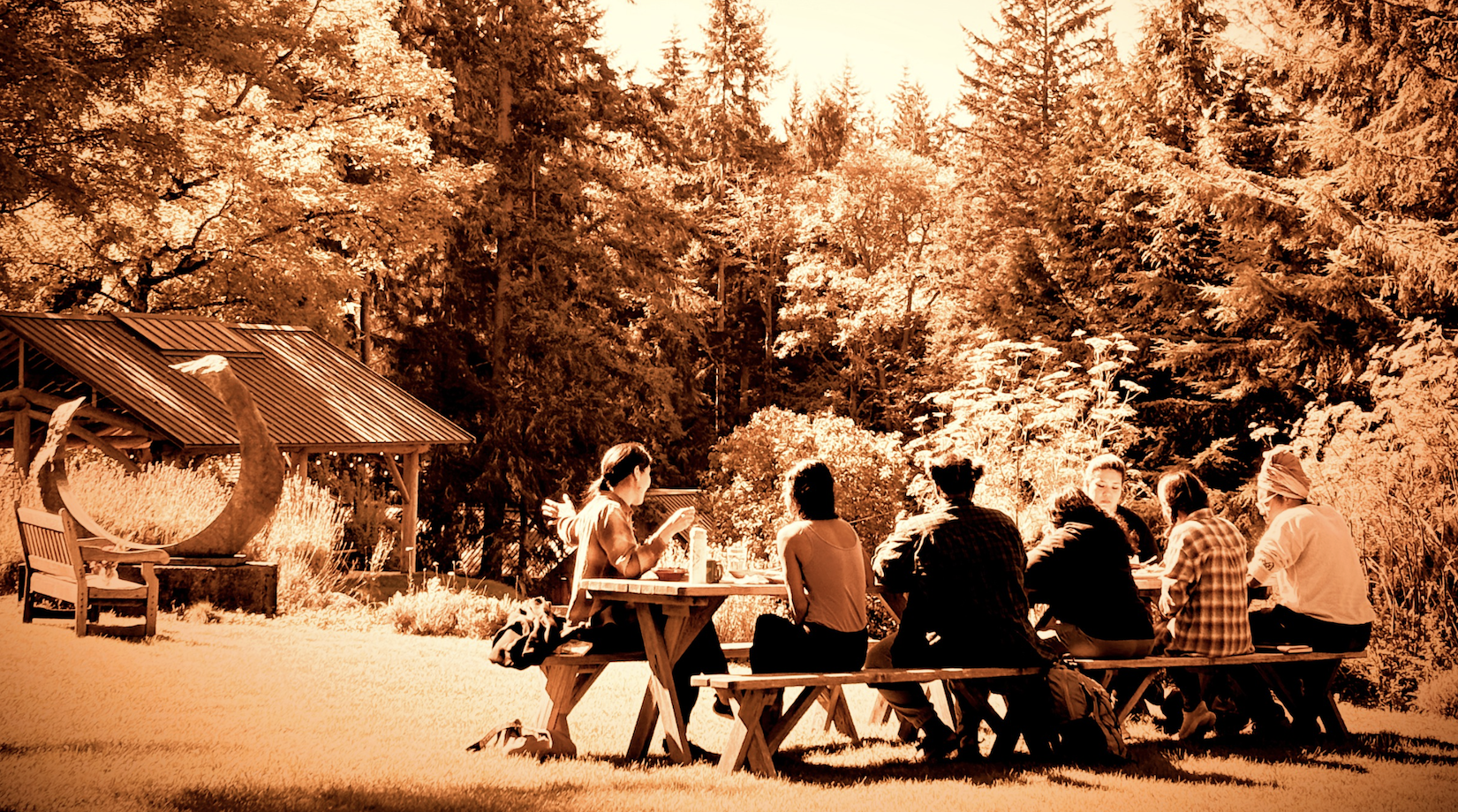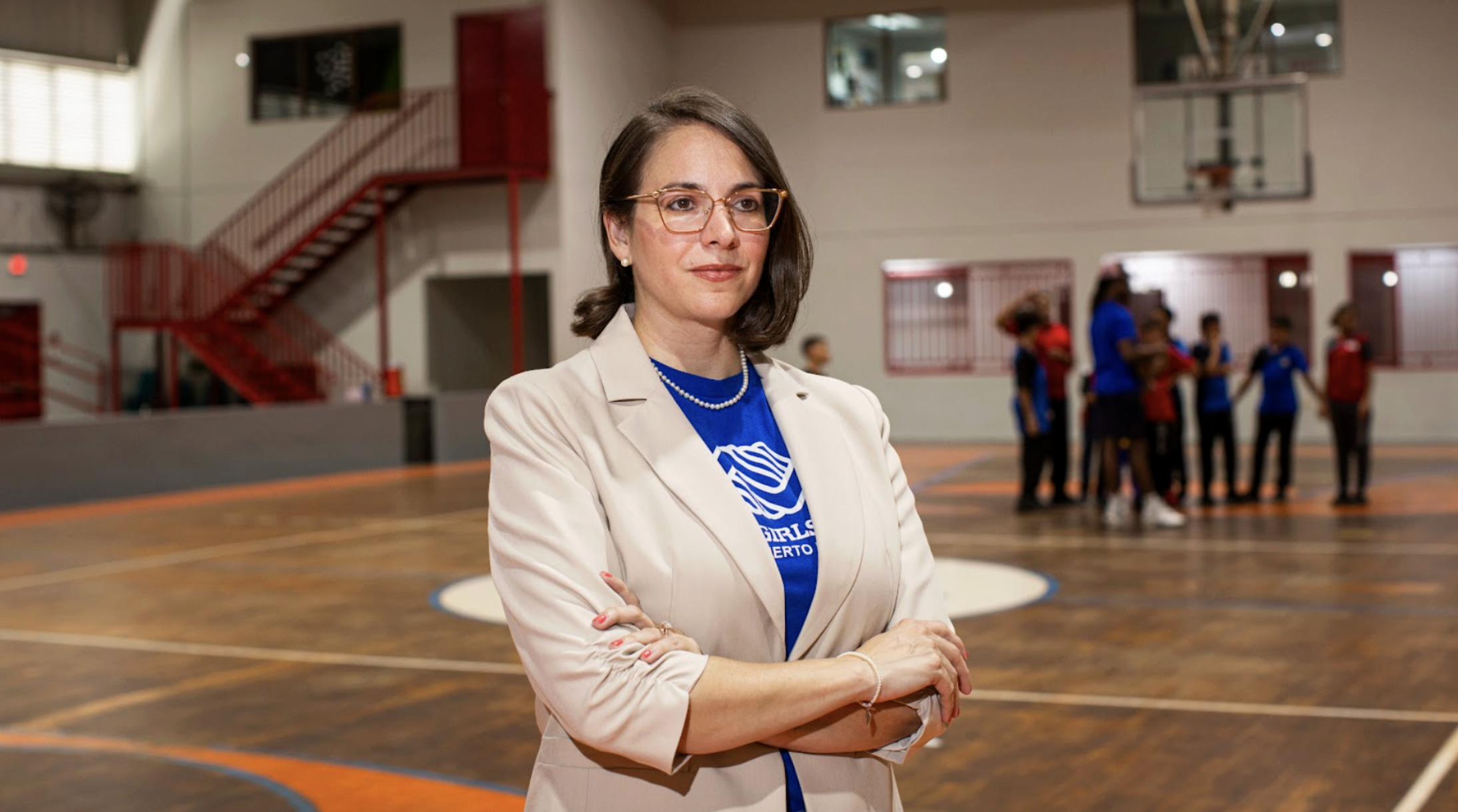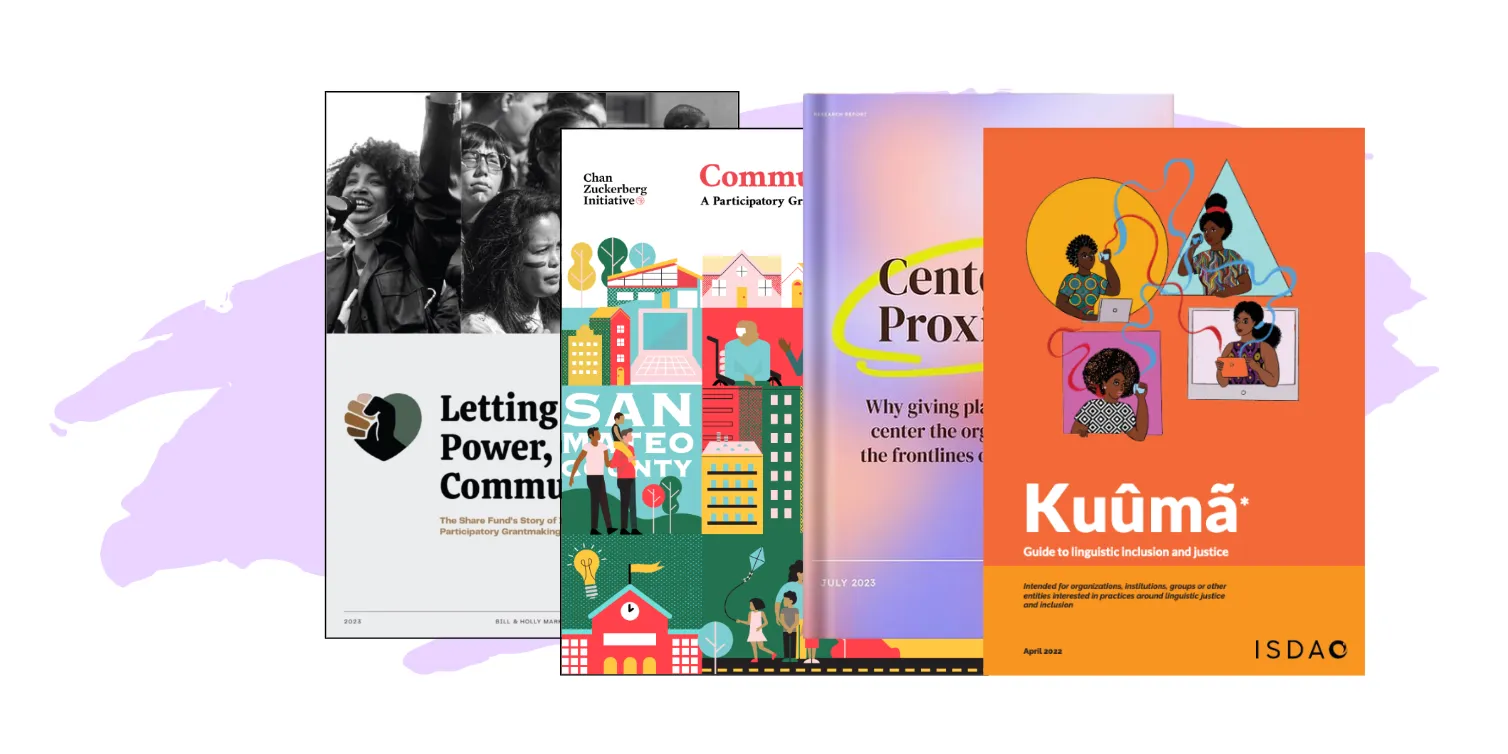Violence is not an accident; it is not natural or inevitable.
It thrives in communities where silence dominates, where myths and misinformation fill gaps in knowledge. It is prevalent where public education systems do not impart enough knowledge to empower people to intervene.
And yet, we are not doing nearly enough to disrupt the culture that makes this violence possible. It starts with how we are approaching the problem.
Recently, I attended a workshop centered on understanding what constitutes rape. It was held in the rural South African community of KwaXolo in KwaZulu-Natal, and led by the Isibani Law and Therapy Centre, a community-rooted organisation that provides legal support, trauma therapy, and rights-based education to survivors of gender-based violence and their families.
I sat in a room full of bright, engaged young people ages 18 to 25. The centre’s executive director, Advocate Neliswa Nota, led the session by articulating various scenarios and asking the audience to determine whether each one constituted rape.
What struck me most was not only the enthusiasm to engage but also the confusion.
Many participants couldn’t confidently define rape. The concept of consent – basic and fundamental – was either misunderstood or had never been openly discussed. All five scenarios shared did, in fact, constitute rape, yet only two had most of the room in agreement.
This is not an isolated incident. If people do not understand what violence is, they won’t know how to respond to it — or whether to respond to it at all. If violence is normalised as part of our lives and we view violent incidents as isolated acts common amongst people, we run the risk of not rooting out violence in our communities.
That is why we need to approach the solution to violence in a community-engaged way.
A violence-free society must be built, deliberately
While social media has created new avenues for learning, building solidarity, and surfacing once-taboo conversations, it cannot replace the deep, relational work that happens face to face. Real change still depends on hands-on efforts, ground-level engagement that builds not just collective awareness, but through intentional, in-person conversations that shift culture, embed shared values, to achieve collective accountability and action.
This means creating environments where all aspects of our communities – including councillors and law enforcement - forge a united and enlightened front to lead responsive and responsible societal settings. When communities are informed and unified, local authorities can no longer act with impunity. They are compelled to administer the law because the people they serve know their rights, demand justice, and hold them to it. This is a communal responsibility that transforms silence into truth, fear into knowledge, and apathy into action. It is time to stop being the good people who do nothing, and start being active agents of change our communities desperately need.
Philanthropy plays a critical role by embracing trust-based approaches that empower communities to lead interventions, reflect on their histories, and address local social ills. Policymakers must also engage in community listening tours, ensuring policies respond to lived realities rather than assumptions.
A call to deepen participatory philanthropy – for safe communities
While participatory grantmaking is increasingly common, we must go further. Lasting impact requires initiatives that embed communities fully in decision-making, empowering both official leaders and natural leaders emerging from within to drive sustainable change. Funding must adopt a long-term lens, focusing on human capital development and establishing leadership structures that endure beyond any single grant cycle.
At the core of this approach is building a culture of community and care. Movements grounded in a shared community vision create accountability and systemic change, compelling social, political, and enforcement systems to align with community values. Communities should not be passive recipients — they must be owners of the programs and initiatives implemented in their spaces.
With guidance from experienced leaders like Advocate Neliswa, local and youth leaders can become champions for safe, violence-free societies, combating criminality and building ecosystems of support that persist beyond funding. Philanthropy’s role is to enable, nurture, and deepen this ownership, creating a model where organizations and communities merge into a single, accountable, and self-sustaining force for justice, safety, and transformation.
From fear to freedom: communities leading change
South Africa is considered one of the most violent countries in the world, with crime statistics highlighting the rise in violent crimes over the past decade. In just the second quarter of 2024, 966 women and 314 children were murdered, according to police statistics. These are not just figures; they represent the people, families and communities shattered by a quiet epidemic of brutality. The stats are reflective of a country at war, yet South Africa is not a war-torn country.
Yet this doesn’t have to be the only path. South Africa has a powerful history of reform. We have seen time and again that when communities unite around a shared vision for change — whether to end apartheid, defend workers’ rights, or push back against corruption — transformation follows. On 9 January 1973, nearly 100,000 workers in Durban launched a strike demanding fair wages, safer working conditions, an end to exploitative labour practices, and, most fundamentally, the right to organize and protest, which apartheid law denied. Supported by churches, student groups, and community networks, their collective action led to the formation of independent Black trade unions, setting a precedent for worker solidarity and securing rights that benefit South African workers to this day.
A decade later, South Africans formed the United Democratic Front (UDF) in 1983, opposing the apartheid government’s Tricameral Parliament, which sought to divide and exclude communities. Through united, grassroots resistance, the UDF advanced equal political rights, dignity, and justice, making the country ungovernable in the 1980s and laying the foundation for the democratic South Africa we live in today.
This is evidence that reform doesn't come from the top down. It begins at the ground level–in homes, school halls, churches, taxi ranks, and community centres where people gather. These everyday spaces are where people talk, learn, challenge each other, and hold the line. They are the birthplaces of resistance, where communities confront systems of violence, build a shared language for change, and create a vision of a safer, more just society.
South Africans deserve to live in a society where children can grow without fear, where youth can thrive without hypervigilance, and where peace is a lived reality, not a distant hope. By investing in community-led and centred initiatives, we can transform our society — not only through laws and policies, but through the courage, care, and collective action of the people themselves.
Busiswa Dayimani is Community & Grants Specialist at the Charlize Theron Africa Outreach Project

.webp)









.webp)
%20(1280%20x%20720%20px)%20(41)%202.webp)
%20(1280%20x%20720%20px)%20(38).webp)
%20(1280%20x%20720%20px)%20(31).png)


%20(1280%20x%20720%20px).webp)











.webp)






.webp)
.gif)

.webp)


.gif)













